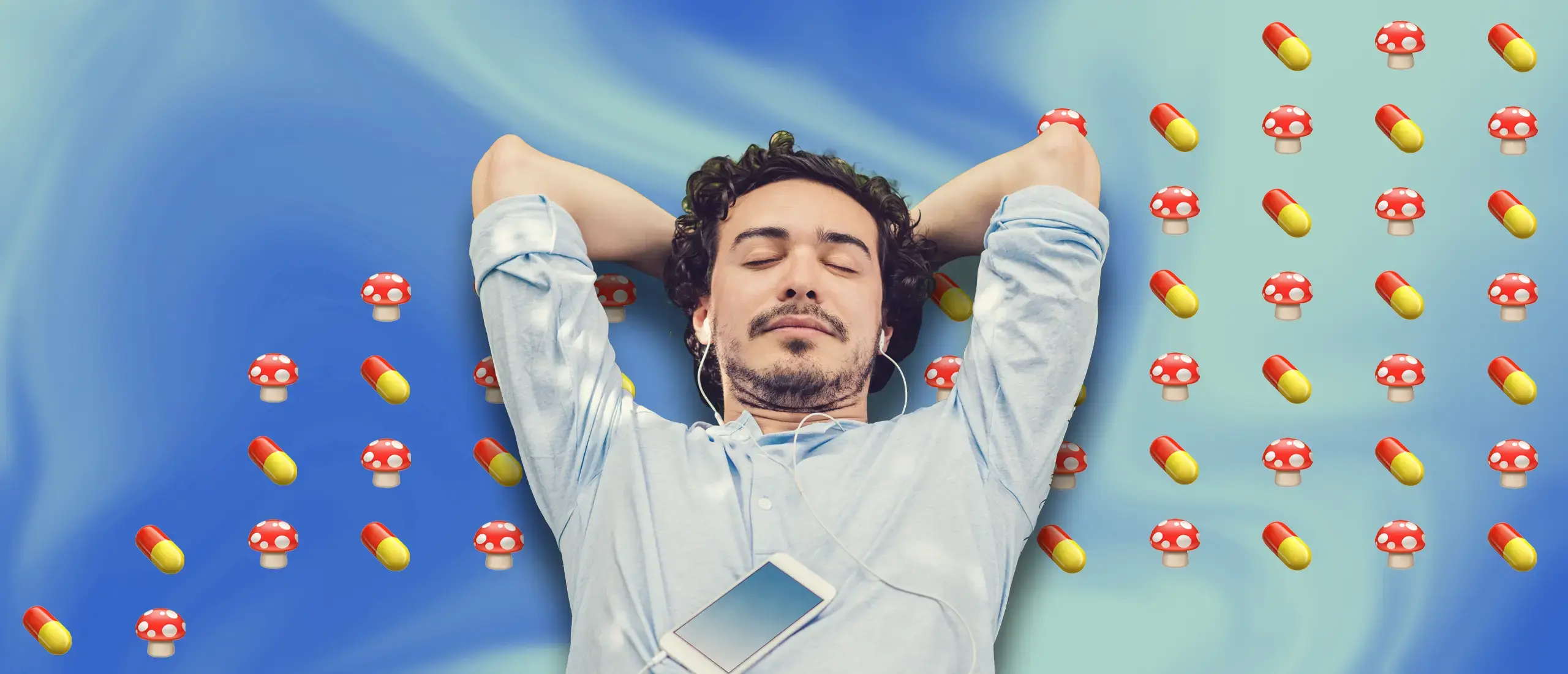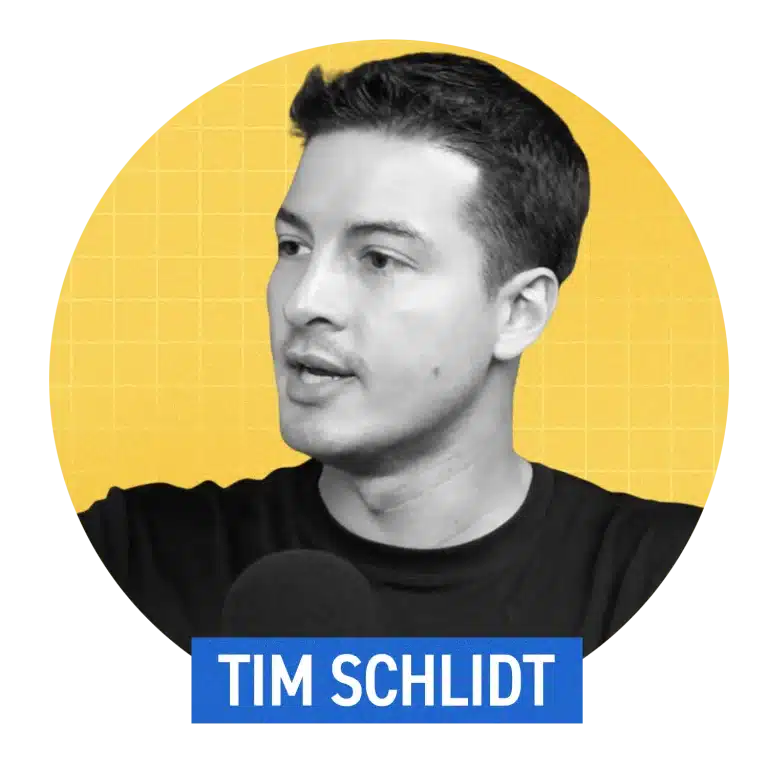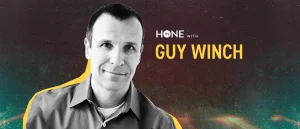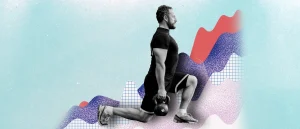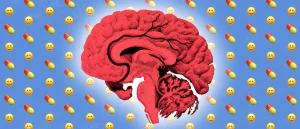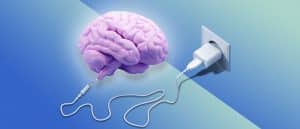3 Ways Psychedelics Might Ease Depression
As co-founder of psychedelic-focused VC fund Palo Santo, Tim Schlidt is going all in to support the development of psychedelic-backed mental health therapies. Based on his own experience with depression as a teenager, Schlidt stewards psychedelic treatments towards FDA approval. One of his biggest goals is to make these therapeutics legal and affordable for patients in need.
In an episode of the Hone In podcast, Schlidt sat down with Hone Health co-founder and longtime friend Saad Alam to talk about the future of the psychedelics industry and how this class of drugs could be used in mental health treatment. Here’s the emerging therapeutic psychedelics research that Schlidt is most excited about.
Can ketamine, MDMA, and psilocybin axe depression for good? Tim discusses emerging psychedelic research on the Hone In podcast.
Improving Neuroplasticity
Neuroplasticity is your brain cells’ ability to be strengthened or weakened based on your experiences and behaviors. The neuroplasticity hypothesis suggests that your brain can prepare itself for future situations by processing present stimuli (1).
Schlidt calls out promising research that suggests therapeutic psychedelics may boost your neuroplasticity, which may help address anxiety and depression and sharpen your cognition (2).
“There’s a lot of really good evidence that when people are in a depressed state, there’s kind of a neuronal atrophying,” Schlidt says. “When we administer psychedelics, we certainly observe this in rodent models, you get a lot of regrowth…a lot of new neural connections, which I think is really interesting.”
Reducing Inflammation
Schlidt mentions research by Chuck Nichols, Ph.D., a biologist and psychedelics expert, that suggests that many psychedelics could have anti-inflammatory properties (3). Recent research suggests that inflammation is a path to depression—and a potential avenue for treatment. In one study, around 30 percent of depressed patients were found to have chronic low-grade inflammation (4). Inflammation is also linked to poor responses to antidepressants (5).
“Western diets and Western lifestyles are highly inflammatory. A lot of psychedelics at very low doses temper that inflammation to a great degree,” Schlidt says. “Psilocybin does seem to be pretty potent. Stuff in the mescaline family like peyote cactus and the sandpaper cactus are the kind of the plants that seem to be very, very anti-inflammatory.”
Treating Treatment Resistant Depression
Psychedelic substances like MDMA and psilocybin (you might recognize these as molly and shrooms) show promise for improving treatment resistant depression (TRD). Schlidt says TRD is typically diagnosed after you don’t respond to two or more SSRI depression medications.
“There’s a lot of work on psilocybin right now. There’s a company Compass Pathways, which is in phase three clinical trials for that. MDMA is [also] incredibly effective for treating PTSD,” Schlidt tells Alam. “But these are high dose sessions where you have a therapist involved, there is more cost involved, but there’s a lot of therapist oversight. But the data is really compelling.”
Schlidt points to research that shows that a little over two thirds of patients suffering from treatment resistant PTSD are in long term remission after MDMA therapy (6).
You can watch the full AMA with Dr. Tim Schlidt—which covers therapeutic psychedelics, mental health, and SSRIs—by joining our Hone Community today. It’s easy, free, and full of great information around treatment and how to live a healthier, longer life.
References
1. Liu, et al (2017). From Serotonin to Neuroplasticity: Evolvement of Theories for Major Depressive Disorder.
2. Vos, et al (2021). Psychedelics and Neuroplasticity: A Systematic Review Unraveling the Biological Underpinnings of Psychedelics.
3. Flanagan and Nichols (2018). Psychedelics as anti-inflammatory agents.
4. Osimo, et al (2019). Prevalence of low-grade inflammation in depression: a systematic review and meta-analysis of CRP levels.
5. Chamberlain, et al (2018). Treatment-resistant depression and peripheral C-reactive protein.
6. Morgan (2020). MDMA-assisted psychotherapy for people diagnosed with treatment-resistant PTSD: what it is and what it isn’t.



